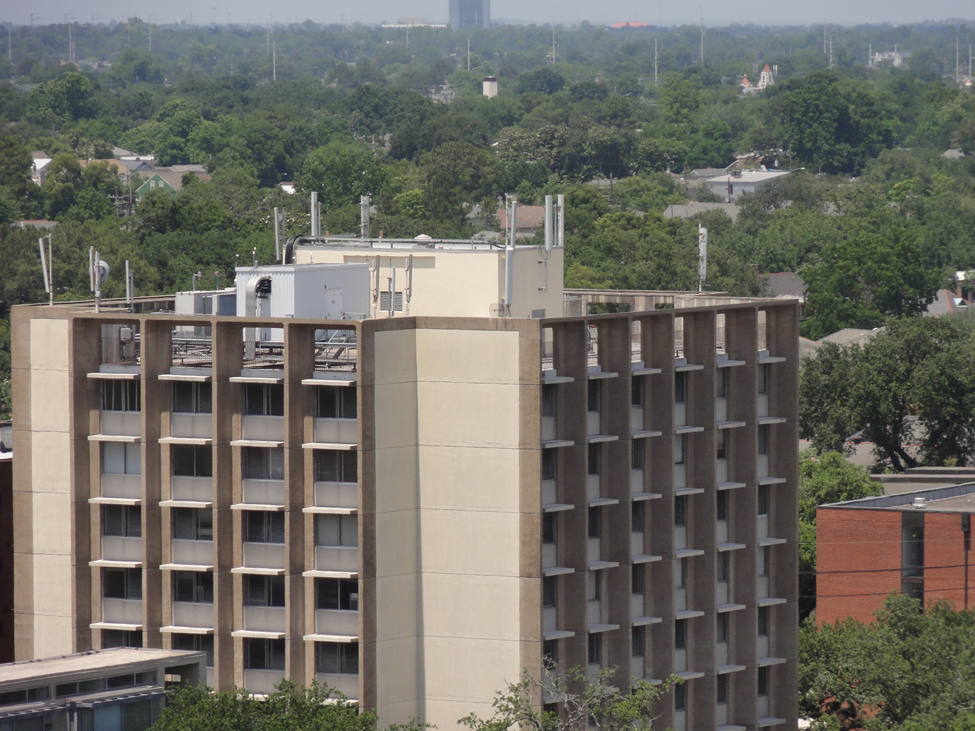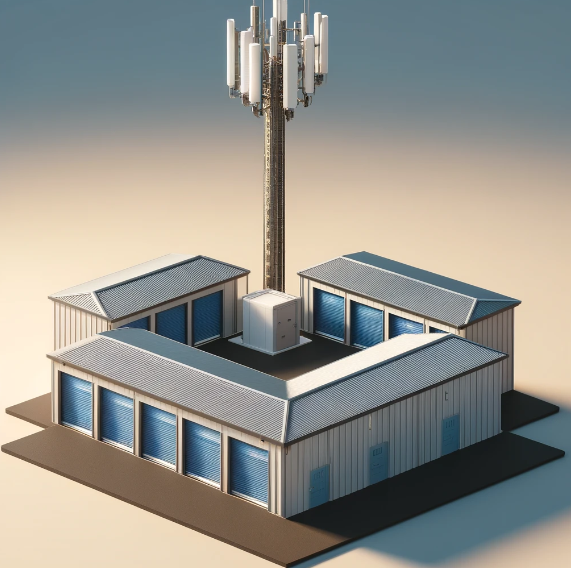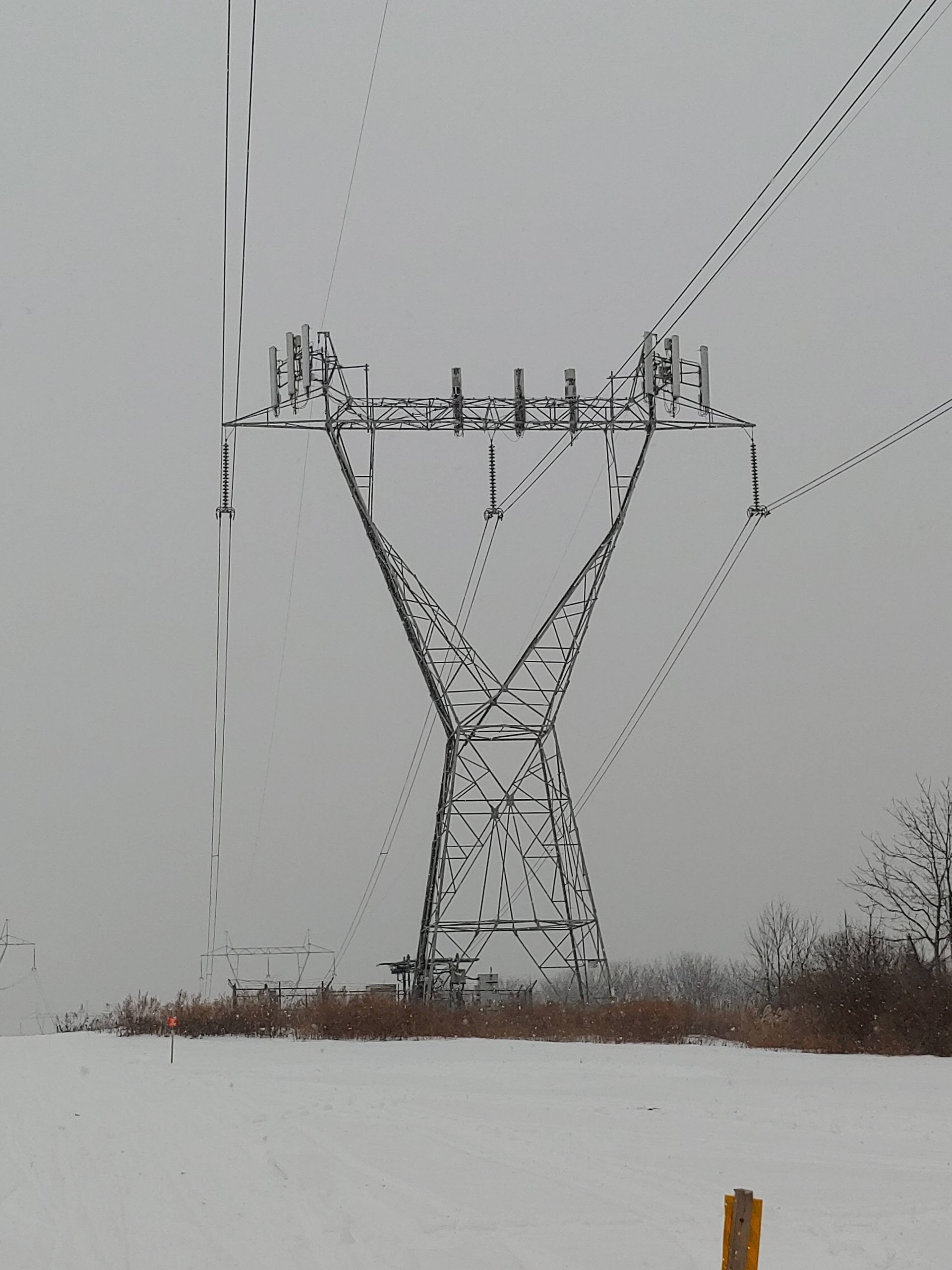Case Studies:
Creative Negotiating Lands University Increased Cell Site Lease Rates

Tulane University is a private university founded in 1834 and is nestled on 110 acres in the densely populated historic residential neighborhood of uptown New Orleans. In this area, wireless service providers have few options for cell site placement, making the taller buildings of Tulane an attractive option. As early as 1999, the university agreed to have cell sites on campus to accommodate the wireless needs of students, faculty, staff, and their New Orleans neighbors.
THE PROBLEM
The cell sites were on Tulane’s two tallest buildings and on a baseball field light pole. Since the campus buildings were residence halls, gaining access to the cell sites required the wireless service providers to work with the university’s maintenance staff to set appointments for equipment repairs, routine maintenance, and upgrades.
There were multiple contracts in play since each building’s rooftop was leased by multiple wireless carriers. The wireless service providers frequently made requests to change out equipment and to renegotiate the leases downwards. University staff were spending so much time managing requests it was preventing them from focusing on their services and facilities management functions.
STEEL IN THE AIR APPROACH
When Tulane realized Tulane had taken on more than they wanted to handle, the university turned to Steel in the Air (SITA) for assistance. Tulane needed help making sense of the myriad of requests, all of which were deemed urgent.
THE SOLUTION
Steel in the Air went to work reviewing the contracts and coordinating with the wireless service providers on behalf of Tulane. SITA provided a desktop audit of the leases and amendments as well as an onsite audit of the carrier’s equipment and installations.
The audit showed Tulane was already receiving higher than average market rent for the cell site leases. However, it also revealed that the university was in a unique position to command high dollar rents for its cell site leases in New Orleans due to strict zoning and historic preservation restrictions where these sites resided. The situation called for creative thinking.
The contracts were renegotiated to account for maintenance time and other incidental costs. Since service providers would need to pass through the residence halls to access the rooftops to work on the cell sites, Tulane’s new lease template required vendors to perform background checks of maintenance personnel to ensure student safety. Application fees were implemented to help the university recoup some of the costs related to managing the requests.
Lastly, Steel in the Air recently became the liaison between Tulane and the wireless service providers who have equipment on Tulane buildings and towers. Steel in the Air manages all the communication with the wireless providers, allowing Tulane’s staff to focus on the needs of the university. It has been a win-win for everyone involved.
THE OUTCOME
This new arrangement has been an incredible help to Tulane. Their facilities and administrative staff have the time they need to focus on campus operations. “The peace of mind and time we have gotten back having Ken and his team take this off our plate is invaluable”, Kelly Venable Carroll, Assistant Vice President, Campus Services. The cell sites are in top working order, serving the campus and surrounding communities, and additionally, Tulane is being fairly compensated for the total cost of the leases.
Since 2004, Steel in the Air has been the expert in negotiating cell tower leases and managing the contracts for more than 4,000 private and public landowners and municipal governments. The above success story is a perfect example of how the Steel in the Air team can put their experience to work for you.












